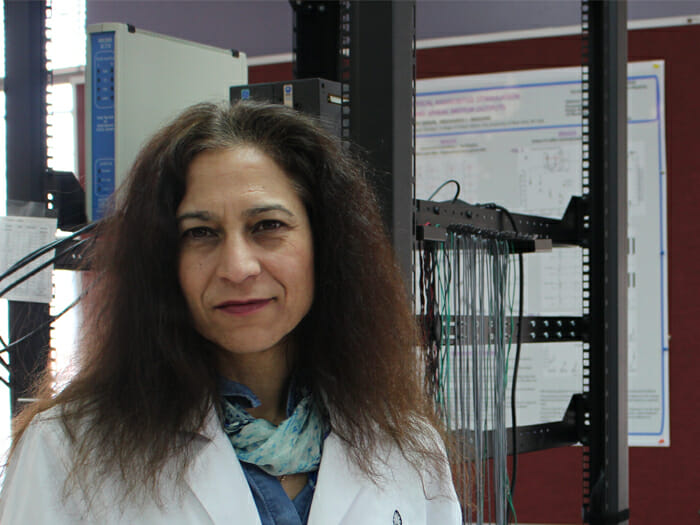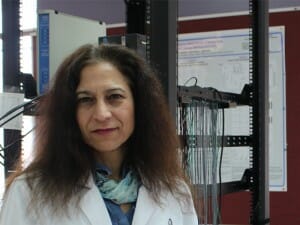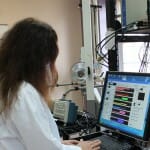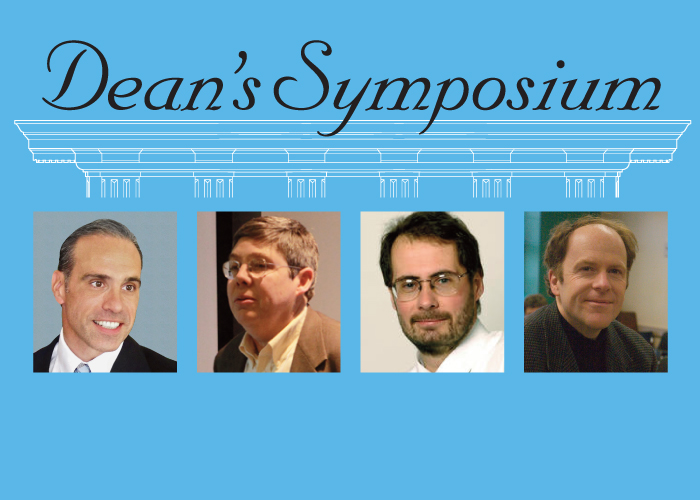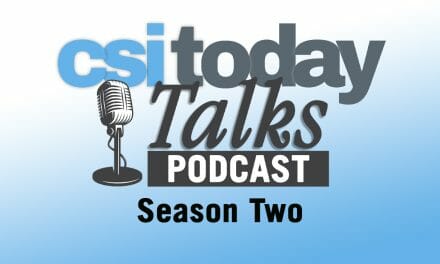Neurophysiologist and researcher Dr. Maria Knikou invites people with spinal cord injuries to apply for non-invasive clinical trials to assess, rehabilitate, and improve motor function and control, while reducing spacsticity. Early trials are promising, many returning for Robotic Gait Training. Stipends and travel reimbursements available.
When we think about spinal cord injuries, thoughts generally turn toward Christopher Reeve who was thrown from his horse during trial events for an equestrian competition in 1995, and Steven McDonald, who was shot three times in 1986 after serving two years as an officer with the New York Police Department. Reeve’s and McDonald’s heroic and visible survival stories brought the severity of spinal cord injuries into the international dialogue.
Today at the College of Staten Island (CSI), Maria Knikou, PhD, is holding clinical trials of her breakthrough research designed to develop effective rehabilitation strategies to improve the walking ability of persons with spinal cord injuries that have affected the function of the central nervous system.
During her ongoing trials, she has recently worked with eight people with spinal cord injuries, including a 20-year-old who fell out of a golf cart and broke his neck nine months ago, and a Midwestern woman who broke her neck. These people, who have been diagnosed with tetraplegia (a spinal cord injury above the first thoracic vertebra or within cervical sections Cervical 1-8) and severe paralysis of the legs, came to CSI to participate in the research trials. After completing four to six weeks of therapy with Dr. Knikou, the patients saw motor function improve, with increased control and reduced spasticity.
According to spinalcord.com, “The spinal cord carries nerve fibers traveling both from the brain to the rest of the body and from the body back to the brain. Those coming from the brain are responsible for voluntary control of muscles. Those traveling toward the brain carry sensation.”
Dr. Knikou’s non-invasive therapy focuses on assessing the signal transfer from the brain to the legs in order to strengthen and enhance that pathway and provide gains in motor function. Patients who undergo the phase one therapy may be eligible for the phase two Robotic Gait Training, designed to further stimulate brain, spinal, and muscular health on a pathway for improved mobility. People who participate in the trials are provided a stipend, and certain expenses may be covered.
Persons who are interested in learning if they are eligible candidates for this unique therapeutic approach should contact Dr. Knikou, Professor of Human Neurophysiology in the Physical Therapy Department of the School of Health Sciences at 718.982.3316 or maria.knikou@csi.cuny.edu. All trials are conducted on the Willowbrook campus of the College of Staten Island in New York City.
“Dr Knikou’s forward-thinking and expertise in human neurophysiology have enabled her to be extremely successful, with ongoing grant support from New York State and other private foundations,” commented Dean Maureen Becker, PhD. “She is one of the leading researchers in the School of Health Sciences at the College of Staten Island and her work, one day, will impact the lives of millions of individuals with spinal cord injury.”
Dr. Knikou’s research project is funded by the New York State Department of Health, Spinal Cord Injury Research Board, under the Project to Accelerate Research Translation (PART) award. She mentors high school, undergraduate, and graduate students, as well as postdoctoral research fellows and junior faculty. Dr. Knikou serves on several editorial boards and has published her research work in high-ranking, peer-reviewed scientific journals.
For details regarding Dr. Knikou’s research visit www.researchgate.net/profile/Maria_Knikou
For more information about the College of Staten Island School of Health Sciences visit www.csi.cuny.edu/schoolofhealthsciences

